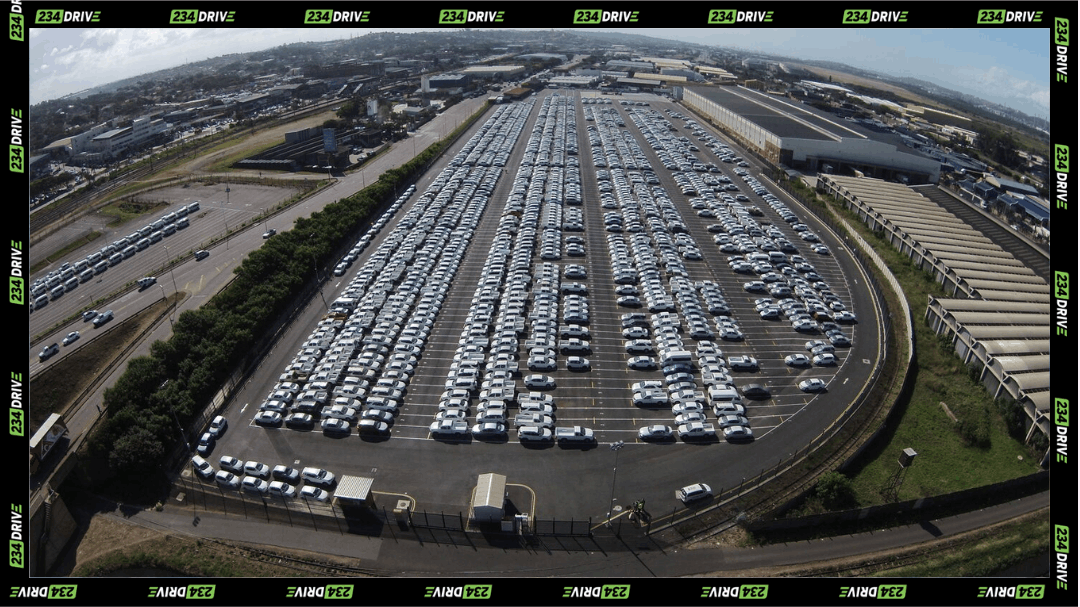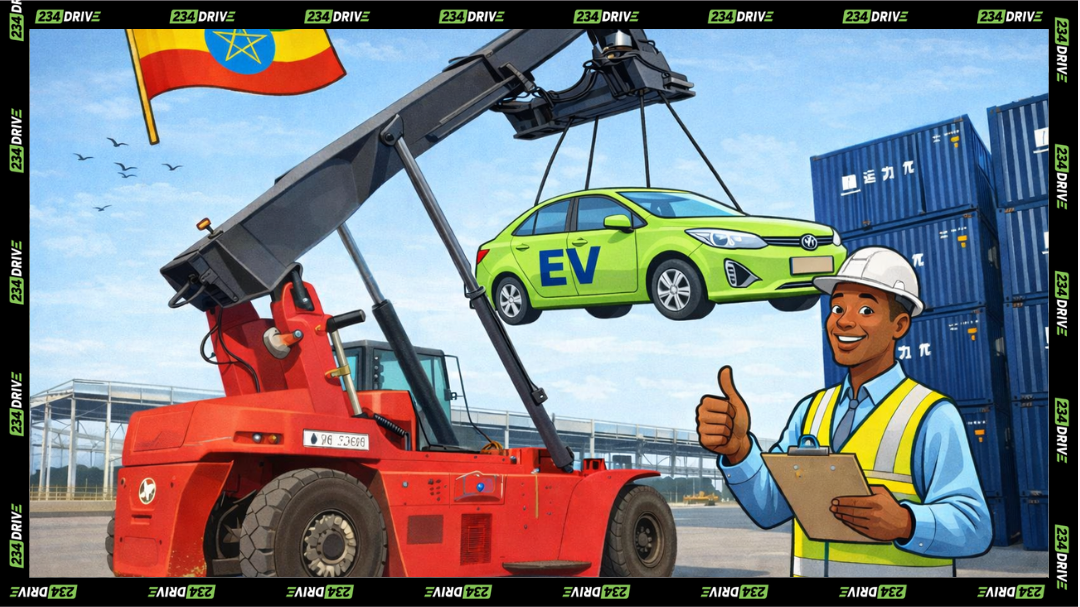The Electric Vehicles Nigeria Expo (EVN Expo 2025) was officially announced on 2nd October 2025 through a press briefing and will take place from 13 to 14 November 2025 at Balmoral Hall, Federal Palace Hotel, Victoria Island, Lagos. The event expects over 2,500 participants drawn from government agencies, financial institutions, the energy sector, transport companies, technology providers, and the general public.
The expo will serve as a key platform to accelerate Nigeria’s transition to electric mobility. It combines exhibitions, live demonstrations, test drives, and expert-led sessions. Participants will engage in discussions covering technology, infrastructure, finance, and policy frameworks needed to move electric vehicles from conversations to commercial adoption.
At its centre, the event focuses on showcasing the latest electric vehicles, charging technologies and battery systems suited to Nigeria’s conditions. Infrastructure development will also take a front seat, exploring grid integration, mini-grid options, and battery-swapping systems that ensure consistent power availability. Financial experts will present flexible financing models such as lease-to-own options and blended capital structures to make EV ownership affordable. Policy discussions will address tax incentives, emission standards, and the inclusion of electric vehicles in public transport fleets.
EV adoption is increasingly being positioned as both an environmental and economic solution. Since the removal of the fuel subsidy, transportation costs have surged, affecting millions who rely on daily commuting and logistics for survival. Electric vehicles can lower running costs for drivers, riders, and small business owners, helping them maintain stable incomes. Lower maintenance costs and reduced fuel dependency could help Nigeria save as much as ₦6.5 trillion annually in fuel imports by 2040 while supporting its net-zero emissions target for 2060.

Beyond individual benefits, the wider economic implications are significant. Local assembly plants, charging station projects, maintenance services, and battery recycling businesses can create thousands of jobs. Informal-sector workers, especially delivery riders and small-scale transport operators, stand to benefit from inclusive financing options that bring them into formal, sustainable value chains. These changes make EV adoption a pathway for poverty alleviation and economic inclusion rather than a privilege for the elite.
Financial and energy experts at the expo are expected to prioritise accessible loan products for riders and SMEs. They will explore ways to reduce lending risks through guarantees and insurance, promote residual value models for EVs and batteries, and develop fleet pilot programmes that demonstrate profitability. If these ideas are implemented effectively, EV ownership could shift from being aspirational to practical.
Government policies will play a crucial role in setting the pace of adoption. Measures such as duty and VAT relief for EV components, clearer permitting for charging networks, and emissions standards that encourage cleaner fleets will be on the agenda. There is also a growing push for government fleets—postal vans, public buses, and utility vehicles—to transition first, signalling leadership by example.
However, challenges persist. High upfront vehicle costs, weak power infrastructure, import tariffs, and inconsistent regulatory frameworks remain major barriers. The success of the EV movement will depend on bridging these gaps through strong partnerships between public and private sectors. Battery-swapping initiatives, solar-powered charging hubs, and local assembly projects are seen as practical solutions that can reduce dependency on the grid while cutting costs.
By 2026, the success of EVN Expo 2025 will be measured not just by attendance but by outcomes. A handful of viable fleet pilots, functioning loan schemes for small businesses, clearer charging policies, and operational local assembly plants would mark genuine progress. The event’s conveners and partners bring experience from Nigeria’s energy and mobility sectors, ensuring that discussions go beyond theory into actionable strategies.
EVN Expo 2025 stands as a critical moment for Nigeria to align innovation, finance, and policy toward measurable social and economic results. Its success could define how fast the nation moves from experimental pilots to large‑scale electric mobility—will the conversations in Lagos turn into lasting change on the roads?









